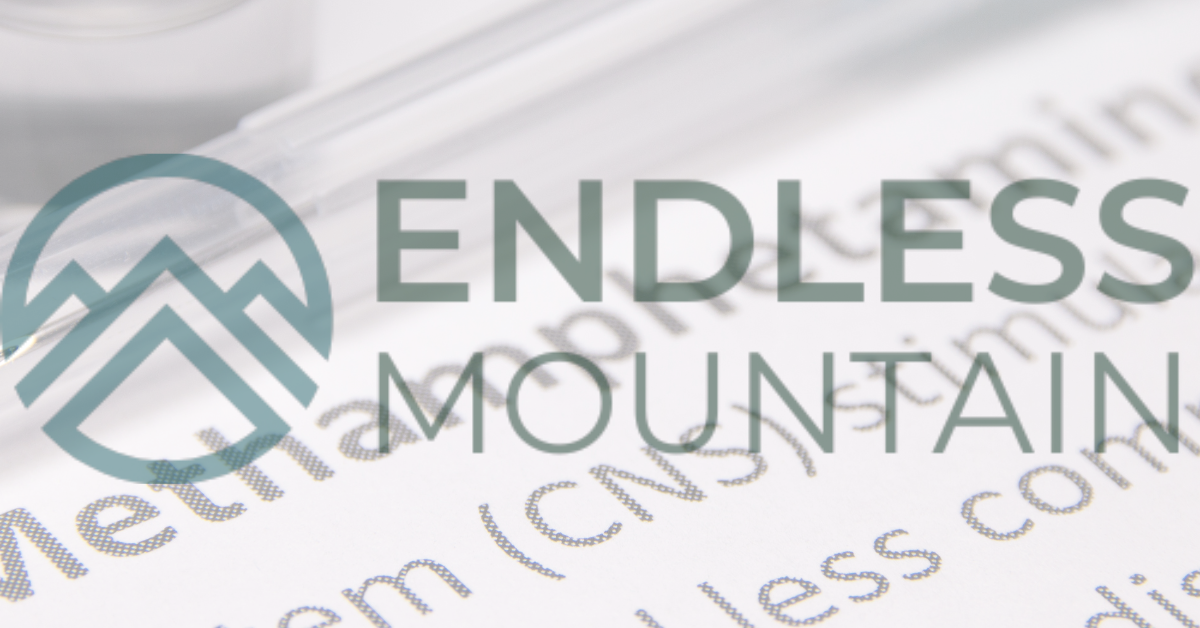What’s the Difference Between MDMA and Ecstasy?
MDMA and Ecstasy are often used interchangeably, but they are not exactly the same. While both are psychoactive substances known for their euphoric effects, there are important differences in their purity, composition, and associated risks. Understanding these differences is critical, especially for individuals who may be experimenting with these substances or seeking help for substance use.
In this blog, we’ll break down the differences between MDMA and Ecstasy, explore the risks, and provide guidance for seeking support and treatment.
What is MDMA?
MDMA, short for 3,4-methylenedioxymethamphetamine, is a synthetic psychoactive drug that alters mood and perception. Originally developed in the early 20th century as a potential medication for psychological disorders, MDMA gained popularity in the 1970s and 1980s as a party drug and is commonly associated with rave culture and music festivals.
Effects of MDMA Include:
- Euphoria and heightened emotional warmth
- Increased empathy and connection with others
- Enhanced sensory perception
- Boosted energy and alertness
MDMA works by increasing the activity of three neurotransmitters in the brain: serotonin, dopamine, and norepinephrine. These chemicals play a role in regulating mood, pleasure, and energy levels.
What is Ecstasy?
Ecstasy is a street name for MDMA in tablet or capsule form, but it often contains more than just pure MDMA. Ecstasy pills are frequently mixed with other substances, which may include:
- Methamphetamine
- Caffeine
- Ketamine
- Synthetic Cathinones (Bath Salts)
Why Ecstasy is More Dangerous Than Pure MDMA:
Because Ecstasy is often cut with unknown substances, users are at higher risk of consuming dangerous or toxic chemicals. The strength and composition of Ecstasy pills can vary widely, making it difficult for users to know what they are taking.
Key Differences Between MDMA and Ecstasy
1. Purity and Composition
- MDMA: Refers to the pure, unadulterated form of the drug, typically found in crystalline or powder form.
- Ecstasy: Often refers to pressed pills or capsules that may contain MDMA along with other substances, making it more unpredictable.
2. Risk of Adulteration
- MDMA: While pure MDMA can still be dangerous, the risk of adulteration is lower when the substance is tested or verified.
- Ecstasy: Frequently cut with harmful additives, increasing the risk of overdose and unpredictable side effects.
3. Effects and Duration
- MDMA: Effects typically last 3-6 hours, with an intense peak followed by a gradual comedown.
- Ecstasy: Effects may be inconsistent due to unknown additives, making the duration and intensity more unpredictable.
Can You Get Addicted to MDMA?
While MDMA is not considered physically addictive in the same way as opioids or alcohol, it can lead to psychological dependence. Regular use of MDMA can create a pattern of habitual use where individuals crave the euphoric effects and emotional connection the drug provides. Over time, this can lead to compulsive behaviors and emotional reliance on the substance.
Signs of Psychological Dependence on MDMA:
- Craving the drug in social or stressful situations
- Using MDMA frequently to cope with emotional pain
- Difficulty enjoying social situations without the drug
Can You Get Addicted to Ecstasy?
Ecstasy, because it is often mixed with other substances, presents an even higher risk of psychological dependence and addiction. Users may not only develop a reliance on MDMA but also become addicted to the other chemicals mixed into the pills.
Risks of Ecstasy Use Include:
- Increased risk of polysubstance addiction
- Difficulty predicting the drug’s effects, leading to higher doses
- Dangerous interactions between unknown substances in Ecstasy
Health Risks and Side Effects
Both MDMA and Ecstasy come with serious health risks. Even pure MDMA, when taken in high doses or in unsafe environments, can lead to dangerous consequences.
Short-Term Risks:
- Increased heart rate and blood pressure
- Dehydration and overheating
- Nausea and dizziness
- Jaw clenching and muscle tension
Long-Term Risks:
- Anxiety and depression
- Cognitive impairments and memory loss
- Sleep disturbances
- Risk of addiction and dependence
Why People Use MDMA and Ecstasy
MDMA and Ecstasy are often used recreationally due to their euphoric and empathogenic effects. They are popular in party and festival settings where users seek feelings of:
- Enhanced emotional connection
- Heightened sensory experiences
- Increased sociability and empathy
However, these short-term effects can mask the dangerous consequences of prolonged use, which can have lasting impacts on both mental and physical health.
Recognizing Signs of MDMA and Ecstasy Use
If you’re concerned that a loved one may be using MDMA or Ecstasy, it’s important to recognize the signs of use and potential addiction.
Common Signs Include:
- Dilated pupils and heightened energy
- Jaw clenching and teeth grinding
- Sweating and increased body temperature
- Sudden mood changes or emotional vulnerability
- Withdrawal from family or usual activities
Getting Help: Treatment Options for MDMA and Ecstasy Use
Overcoming substance use can be challenging, but with the right support and resources, recovery is possible. At Endless Mountain Behavioral Health Center, we offer evidence-based treatment programs that address the unique needs of individuals struggling with MDMA or Ecstasy use.
Our Treatment Services Include:
- Medical Detox: Safely manage withdrawal symptoms and stabilize the body.
- Inpatient Rehabilitation: Intensive therapy and support in a structured environment.
- Aftercare Planning: Continued support to help maintain sobriety and prevent relapse after completing treatment.
- Counseling and Behavioral Therapy: Address underlying emotional and psychological issues contributing to substance use.
Know the Difference, Stay Safe
While MDMA and Ecstasy may seem similar, understanding the differences between them can help individuals make safer choices and recognize the risks involved. Whether you or a loved one is struggling with substance use, seeking help early can make a significant difference.
If you or someone you know is ready to take the first step toward recovery, contact Endless Mountain Behavioral Health Center today. Our compassionate team is here to guide you on your journey to lasting wellness.

